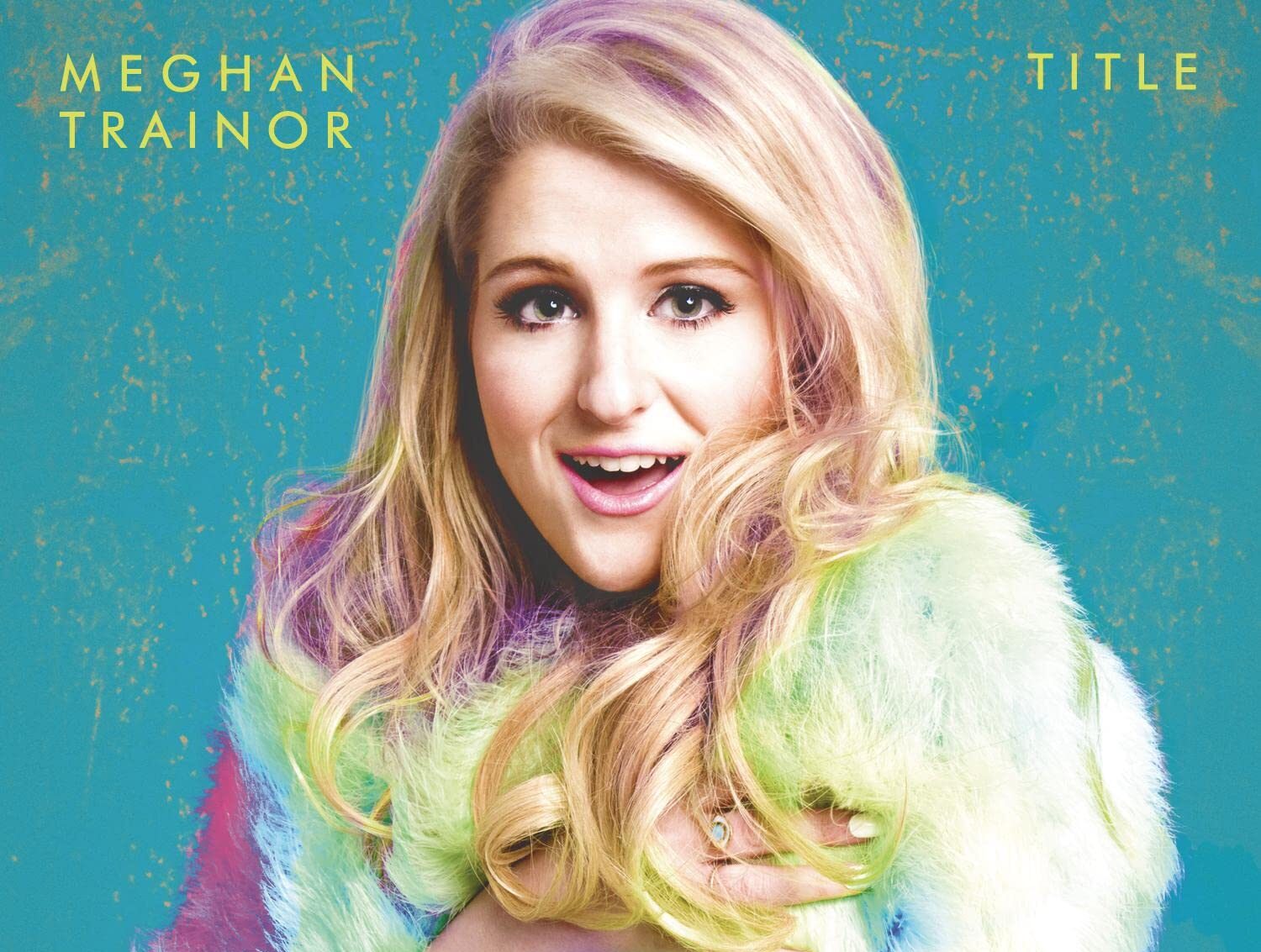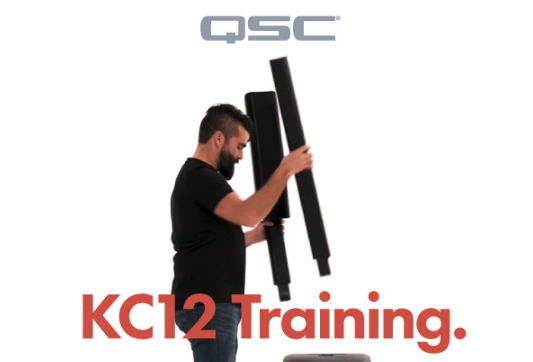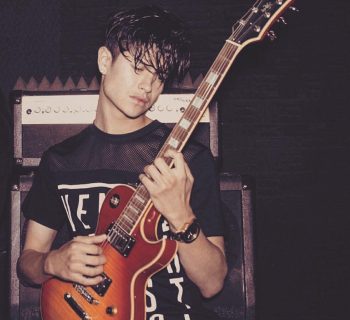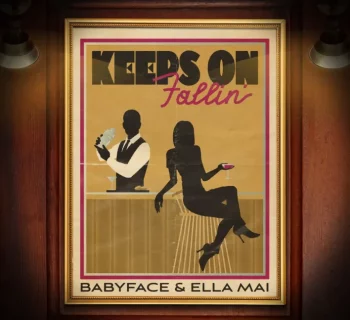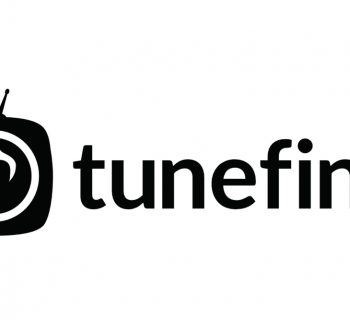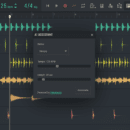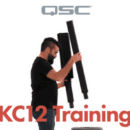Back in 2020, when the global COVID-19 pandemic led to necessary but financially devastating lockdowns, the impact on the live music industry led to the birth of the National Independent Venue Association (NIVA). In April of that same year, NIVA sent a letter to Washington.
“The National Independent Venue Association (NIVA), whose members, employees, artists and local communities are facing an existential crisis as a result of the COVID-19 pandemic are in urgent need of targeted legislative and regulatory assistance,” read a press release. And by God, they got it. The Save Our Stages Act, now officially renamed the Shuttered Venue Operator Grant, was passed with bipartisan support in December.
“When COVID hit, independent venues were in a panic, because we had no idea how long we would be shut,” says Audrey Fix Schaefer, communications director communications director of I.M.P. and board VP of NIVA. “We'd never been mandated to shut before. We knew that no matter how much history an organization has or how loyal the customers or the artists are, there's a bank account. And when you have no incoming revenue, but you have all the outlay for expenses, that is a recipe for disaster.”
The collaboration between venues was incredibly impressive and far-reaching. Fix Schaefer received a message from Dayna Frank, owner of First Avenue Productions, about forming an association with the intention of lobbying congress, and that’s what they did.
“Beyond all odds, we were successful and got a $16 billion bill passed,” Schaefer says. “Not bad for an organization that didn't exist before COVID. It was a slow start, getting the Small Business Administration to write the checks and deposit the money. Once that was happening, we were already thinking about, ‘OK, now that we've come together, we know that we have a lot of needs that are similar.’ Once we came together, we knew that we wanted to keep that going, and to make it even broader and more meaningful.”
With the lockdowns lifted for a couple of years now, one might leap to the assumption that things are back to normal. According to NIVA’s executive director Stephen Parker, nothing could be further from the truth.
“I think there are a number of venues that have popped back and are doing okay,” Parker says. “Some of them are right around where they were at in 2019. It’s just so dependent on the market, and it's so dependent on a variety of factors, including the willingness of the people around you and the fans around you to spend. So we have a number of venues that likely were not doing incredibly well before the pandemic, but truly are struggling to keep their doors open.”
Parker says that the Save our Stages funding was a lifeline. “It was a bridge that allowed a lot of people to keep their doors open even beyond the period in which that grant was supposed to cover, just because it gave them the relief and allowed them the breathing room to be able to potentially keep their doors open long beyond that period. But now the money is gone and the resources are limited.”
According to Parker, the pandemic, while devastating, isn’t fully responsible for the dire straits that independent venues are finding themselves in.
“It's caused by a lack of competition here in the United States, due to the practices of Live Nation,” he says. “It's caused due to the secondary market that continues to prey upon fans and prey upon artists and venues due to their use of fake tickets, deceptive websites and a whole variety of bots that they use to take tickets at face value from underneath fans and price gouge them. And it's due to changes in consumer behavior. People are drinking less. Alcohol is so important to the bottom lines of venues. These are all things that we are monitoring, and these are all things that are applying a significant amount of pressure on the independent venues, festivals, performing arts centers, and promoters across the country.”
So, while NIVA proved invaluable when it formed as a direct result of the pandemic, the industry could have benefited from its influence decades ago when the secondary market was growing in power.
“Knowing the mentality of the people who have the guts to open up an independent music place, they are taking this risk because they believe in something,” Parker says. “Nobody's going to tell them what to do. The other part, also by nature of any association, is that the other members are competitors. So like in the D.C. area, we have probably 15 venues. Theoretically we're competitors. But when you are all under the same risk of collapse, you come together like you do, I suppose, in a war or some other kind of traumatic situation. And then we learned, ‘oh, we can work together for the greater good.’”
Part of the problem that NIVA faces is that it doesn’t have a complete picture of where independent venues are at in 2025 because, due to the nature of each entity being independent, it’s tough to track.
“We spent the first two years of our existence trying to get resources, and succeeded,” says Fix Schaefer. “We're trying to answer questions about independent venues and stages that have never been answered before. So basically, we are doing a data collection. We can send you a link so you've got some information. We’ve been collecting information, survey data, capacity data, economic data from venues across the country. And that's going to help answer a lot of questions when you ask me this six months from now.”
Ultimately, it all comes down to educating the public about the issues that indie venues are still facing.
“Live performance has existed on this continent since before the U.S. was a nation, and it's only in the last four, soon to be five, years that there's actually been a national voice to tell the story of a sector that's not been a major corporation,” says Parker. “From where I sit, it's going to take time. Speculators lined up to buy tickets at face value and sell them at inflated prices when Charles Dickens came and did his tour of this nation in the 1800s. None of this is new. We're just talking about it. And I think from where I sit, there's an opportunity with 1500 venues, promoters and festivals nationwide that are willing now to tell their story. Now they have an outlet to do it, and that's NIVA, and it’s fortunate that Audrey and a whole bunch of other people decided to start it.”
For more info, visit nivassoc.org.


